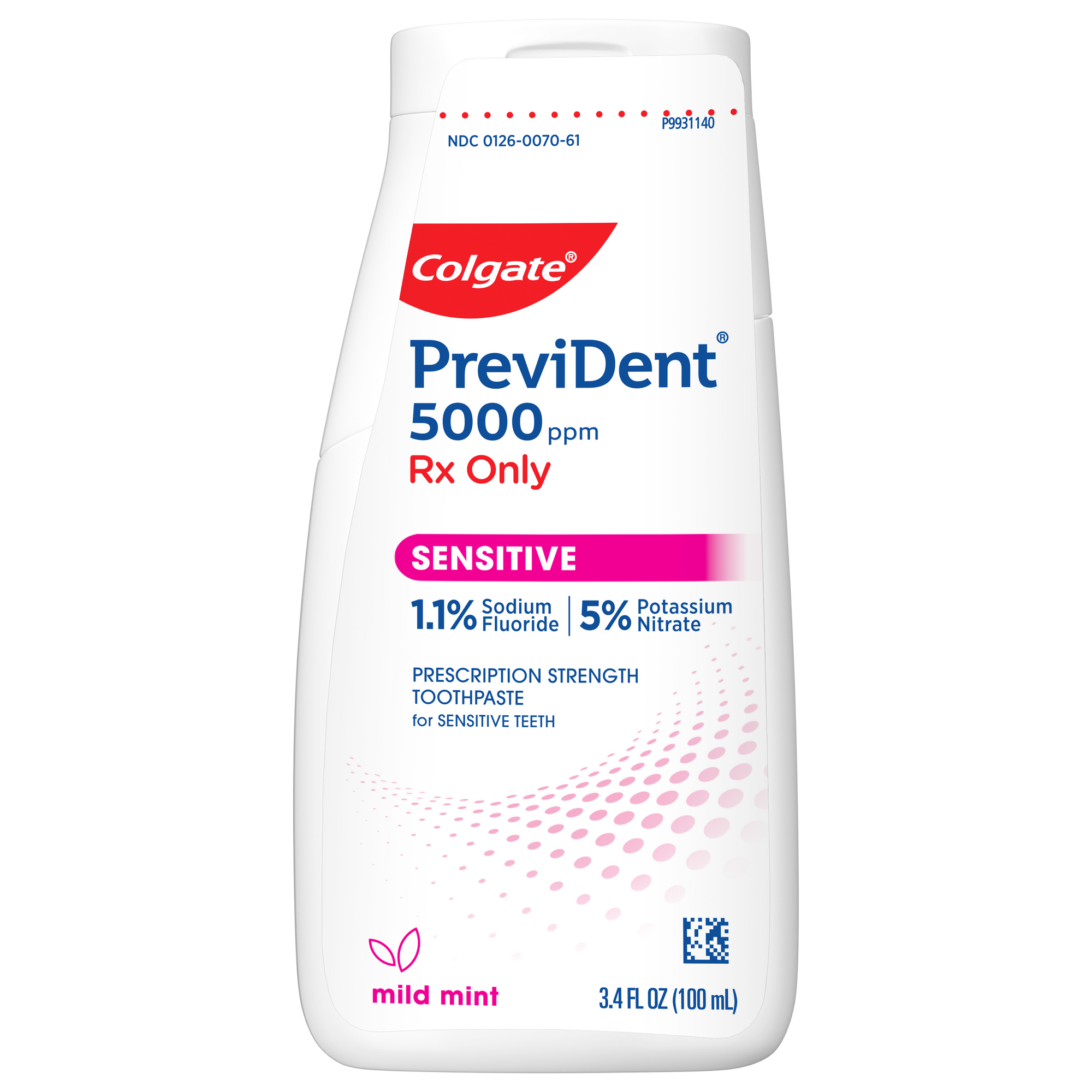Symptoms of Glossitis
Glossitis can appear out of nowhere, even if a person has not experienced it before. Symptoms include tongue swelling, redness, tenderness, and color changes. This condition may cause problems if the tongue becomes enlarged or makes chewing, speaking, or swallowing difficult. A swollen tongue could also block the airway. If breathing becomes difficult, or you think your swelling might increase, contact a dental or medical professional immediately.
Causes of Glossitis
While this condition may seem like it happens at random, several causes could be the reason for the swelling. Numerous causes include:
- Various nutritional deficiencies, such as a lack of iron or one or more of the B vitamins
- An allergic reaction to food or medication
- Bacterial, yeast, fungal or viral infections
- Trauma, such as a burn or abrasion
- Reaction from eating irritable or spicy foods
- Geographic tongue
- Acid reflux
- Dry mouth
Sometimes glossitis can be genetic. It can also stem from a systemic condition like acid reflux.
Treatment for Glossitis
The methods of treating glossitis vary depending on the cause. If glossitis stems from a bacterial, fungal, or yeast infection, your medical or dental professional may prescribe a medication to alleviate the symptoms and heal the infection. A doctor can recommend a routine plan to treat the symptoms at home for viral or genetic conditions. Otherwise, your dental professional might suggest diet changes and avoiding spicy foods, alcohol, and tobacco.
Symptoms usually resolve with excellent oral hygiene, which means brushing twice daily with a soft-bristle toothbrush and a fluoride toothpaste and cleaning between your teeth daily with floss, water flossers, or another interdental cleaning device. An anti-inflammatory or pain-relieving mouthrinse can also soothe symptoms.
If your symptoms are severe or if you notice a change in color, size, texture, or sensation in your tongue, reach out to your dental professional to set up an examination. They’ll likely examine your tongue and ask you about your medical history to get to the root of the cause so that they can recommend a proper treatment plan.
While an inflamed tongue can be irritating, glossitis is often nothing to worry about. If you think you’re experiencing symptoms, reach out to your dental professional for their suggested at-home care, and take note of any causes that might be the source of your discomfort. Luckily, symptoms should subside with excellent oral care—so you can get back to eating and smiling in no time.
This article is intended to promote understanding of and knowledge about general oral health topics. It is not intended to be a substitute for professional advice, diagnosis or treatment. Always seek the advice of your dentist or other qualified healthcare provider with any questions you may have regarding a medical condition or treatment.
ORAL HEALTH QUIZ
What's behind your smile?
Take our Oral Health assessment to get the most from your oral care routine
ORAL HEALTH QUIZ
What's behind your smile?
Take our Oral Health assessment to get the most from your oral care routine















